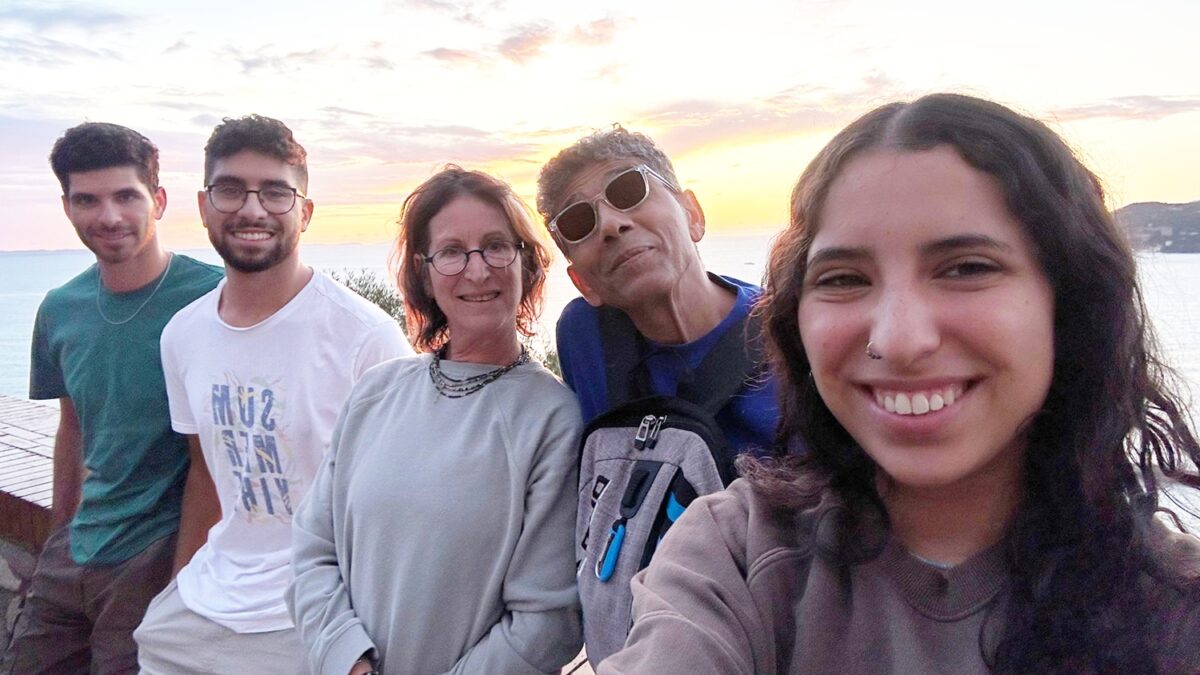
As President Trump moves towards designating the Muslim Brotherhood as a foreign terrorist organization, we’re hearing all the reasons he can’t or shouldn’t.
The latest tactic has been to assert that designating the Muslim Brotherhood is not possible, or simply illegal, because it does not conform with the letter of the law regarding Foreign Terrorist Designations. This is a specious claim, but made with such confidence that it requires a serious examination to debunk.
Yes, the Muslim Brotherhood Exists
One of the chief arguments that designating the Muslim Brotherhood a terrorist organization would be illegal is there is no such thing as the Muslim Brotherhood. A textbook example of this claim comes from Benjamin Wittes in the Lawfare Blog:
The short answer is that the Brotherhood is not in a meaningful sense a single organization at all; elements of it can be designated and have been designated, and other elements certainly cannot be. As a whole, it is simply too diffuse and diverse to characterize. And it certainly cannot be said as a whole to engage in terrorism that threatens the United States.
While Wittes admits that there does exist a single body known as the International Muslim Brotherhood, he claims “it is difficult to assess the strength of the ties between the international organization and the various Brotherhood chapters, because of the organization’s penchant for secrecy.”
Indeed, the International Muslim Brotherhood is so secretive that it published its bylaws on the Muslim Brotherhood’s website in 2010. These bylaws make clear that the leadership of national branches answer to the overall Muslim Brotherhood leadership. The bylaws state that branch “secretary generals must abide by the higher leadership’s decisions,” are obliged to “get approval of the general guidance office prior to making any important political decision,” must file “annual reports” with the higher leadership, and must “pay an annual subscription” to the higher leadership.
The claimed ability to approve policy, enforce common decisions, and closely scrutinize activity, and the transfer of funds from lower members to higher leadership would all seemingly meet the requirement of a single organization. No doubt plenty of district attorneys would long for such an overt statement of hierarchy and cooperation when attempting a racketeering prosecution.
But the argument about the level of the Brotherhood’s cohesiveness is ultimately a distraction. The law governing Foreign Terrorist Organization (FTO) designation defines a terrorist organization by citing a separate section of law , 8 U.S. Code § 1182, which reads in part:
(vi) “Terrorist organization” defined As used in this section, the term “terrorist organization” means an organization—
(I) designated under section 1189 of this title;
(II) otherwise designated, upon publication in the Federal Register, by the Secretary of State in consultation with or upon the request of the Attorney General or the Secretary of Homeland Security, as a terrorist organization, after finding that the organization engages in the activities described in subclauses (I) through (VI) of clause (iv); or
(III) that is a group of two or more individuals, whether organized or not, which engages in, or has a subgroup which engages in, the activities described in subclauses (I) through (VI) of clause (iv).
The key section here is (III), “a group of two or more individuals, whether organized or not, which engages in, or has a subgroup which engages in, the activities described in subclauses (I) through (VI) of clause (iv).” So while Wittes cites pro-Islamist experts to argue that the International Muslim Brotherhood lacks demonstrable cohesion or the ability to enforce common policy, ultimately the total level of organization is irrelevant. The only question is whether the organization has engaged, or possesses a subgroup that engaged, in terrorist activities. Here the answer is an obvious yes, given that Hamas is a self-acknowledged subgroup of the International Muslim Brotherhood, and is already a legally designated FTO.
Yes, Muslim Brotherhood Affiliates Engage in Terrorism
Even aside from the role of Hamas as a subgroup of the International Muslim Brotherhood, there is strong evidence that the Muslim Brotherhood engages in “the activities described in subclauses (I) through (VI) of clause (iv).” Those read as follows:
(iv) “Engage in terrorist activity” defined As used in this chapter, the term “engage in terrorist activity” means, in an individual capacity or as a member of an organization—
(I) to commit or to incite to commit, under circumstances indicating an intention to cause death or serious bodily injury, a terrorist activity;
(II) to prepare or plan a terrorist activity;
(III) to gather information on potential targets for terrorist activity;
(IV) to solicit funds or other things of value for—
(aa) a terrorist activity;
(bb) a terrorist organization described in clause (vi)(I) or (vi)(II); or
(cc) a terrorist organization described in clause (vi)(III), unless the solicitor can demonstrate by clear and convincing evidence that he did not know, and should not reasonably have known, that the organization was a terrorist organization…
The key factor here is (IV), “to solicit funds or other things of value” for “a terrorist organization.” The U.S. government has already successfully argued in court that the Muslim Brotherhood founded Hamas, and that the Muslim Brotherhood created and maintained an international infrastructure to finance and support the Hamas subgroup. Specifically, the Muslim Brotherhood established a “Palestine Section,” which in turn oversaw “Palestine Committees” in each of the Muslim Brotherhood’s branches, in order to raise funds and engage in propaganda (obviously a thing of value) on behalf of Hamas.
Muslim Brotherhood apologists know that designating the Muslim Brotherhood would be a serious impediment to continuing the bipartisan, but failed, policy of cooperating with Islamists in the Middle East.
Whether U.S. engagement with Islamists is useful is a policy question that can be debated, but it should be done openly. The recent invocation of claims it is “illegal” to designate the Muslim Brotherhood is an attempt to hide behind dubious legal claims, in order to avoid a policy argument on the merits. Such tactics perhaps suggest how weak the apologists’ policy position is.









